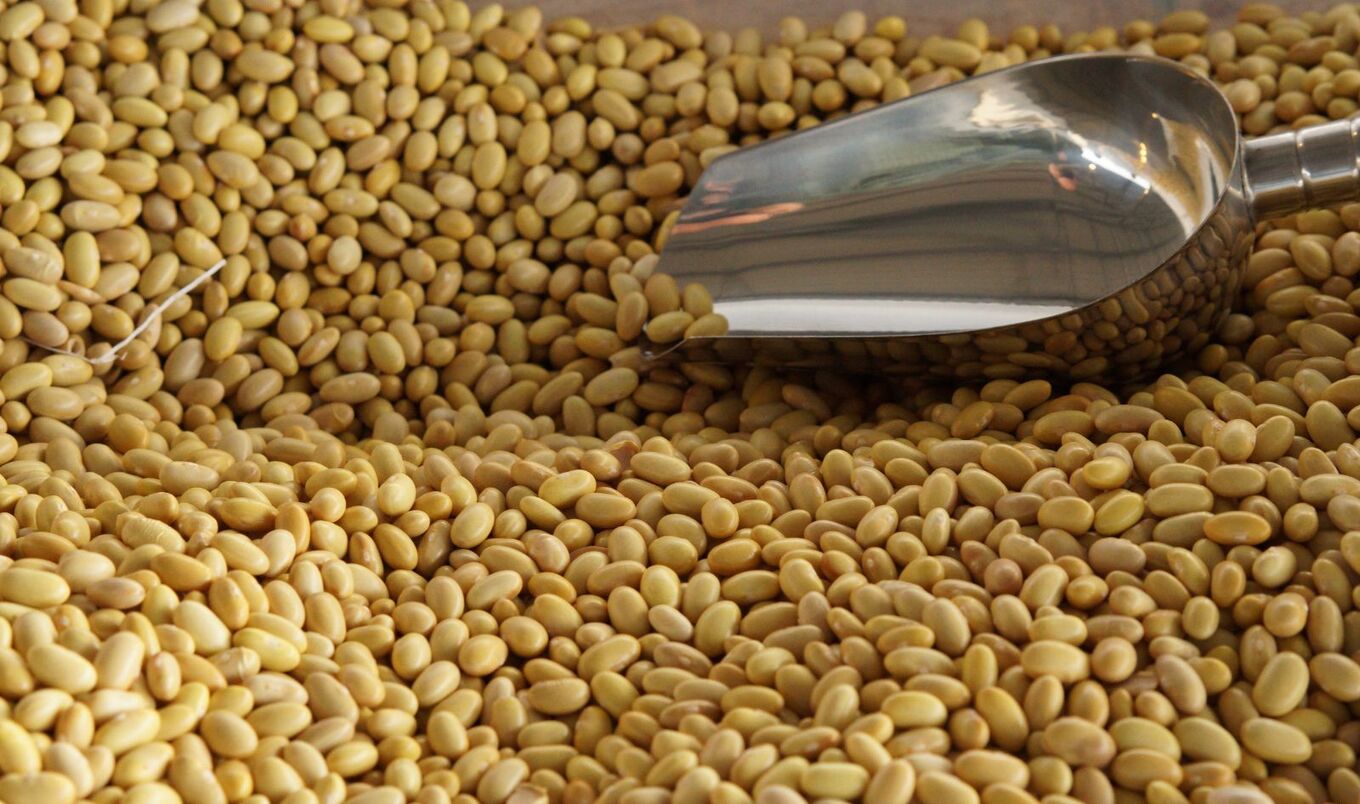Current research underscore the numerous well being and environmental benefits of substituting animal-based proteins with plant-based alternate options, significantly unprocessed legumes like beans and peas. These dietary shifts not solely improve cardiovascular well being but additionally contribute to environmental sustainability.
A complete 30-year research performed by researchers at Harvard T.H. Chan College of Public Well being examined the dietary habits of practically 203,000 American adults. The findings revealed that people consuming the next ratio of plant-based protein to animal-based protein skilled a 19-percent discount in heart problems (CVD) threat and a 27-percent lower in coronary coronary heart illness (CHD) threat in comparison with these with decrease ratios.
 Getty
Getty
Lead writer Andrea Glenn famous, “The common American eats a 1:3 plant to animal protein ratio. Our findings counsel a ratio of no less than 1:2 is rather more efficient in stopping CVD.”
The research highlighted that changing crimson and processed meats with plant proteins, reminiscent of nuts and legumes, was significantly helpful. Individuals with the best protein consumption—21 p.c of their vitality from protein—and the next plant-to-animal protein ratio noticed a 28-percent decrease threat of CVD and a 36-percent decrease threat of CHD in comparison with these with the bottom protein consumption.
“Most of us want to start shifting our diets towards plant-based proteins,” senior writer Frank Hu stated.
“We are able to accomplish that by chopping down on meat, particularly crimson and processed meats, and consuming extra legumes and nuts. Such a dietary sample is helpful not only for human well being but additionally the well being of our planet.”
Plant-based protein reduces dietary imbalances
In a associated research, researchers from the College of Oxford and College School London assessed varied meat and dairy alternate options, together with unprocessed legumes, processed plant-based merchandise like veggie burgers, and lab-grown meat. The research, revealed within the Proceedings of the Nationwide Academy of Sciences, discovered that unprocessed plant-based meals reminiscent of soybeans, peas, and beans are finest suited to changing meat and dairy.
Selecting legumes over meat and milk would cut back dietary imbalances in high-income international locations just like the UK, US, and all through Europe by half, mortality specifically from diet-related illnesses by a tenth, the environmental impacts of diets reminiscent of greenhouse gasoline emissions, land use, and water use by greater than half, and prices by greater than a 3rd.
 Getty
Getty
Marco Springmann, PhD, the research’s lead writer, acknowledged, “Decreasing meat and dairy in high-income international locations is important for limiting local weather change, biodiversity loss, and enhancing well being.”
The analysis indicated that whereas processed plant-based meals like veggie burgers and plant milk provide advantages, the reductions in emissions and well being enhancements have been much less substantial than these achieved by consuming unprocessed legumes. Moreover, the prices to customers have been greater when choosing processed alternate options.
Lab-grown meat’s environmental uncertanties
The environmental impression of lab-grown meat was additionally examined. Regardless of excessive uncertainties, the present information counsel it isn’t a aggressive product, not even for regular meat. At present applied sciences, its emissions may be as excessive as these of beef burgers at as much as 40,000 instances its prices, whereas its well being impacts when replicating beef can be equally adverse.
“Public investments in each lab-grown meat and ultra-processed burger patties seem like robust sells when contemplating their relative impacts and obtainable alternate options,” Springmann famous.
These findings align with earlier analysis highlighting the well being advantages of plant-based diets. A 2020 research revealed within the British Medical Journal discovered that greater consumption of plant protein was related to decrease dangers of all-cause and cardiovascular mortality. Moreover, the American Coronary heart Affiliation notes that plant-based diets can decrease the chance of coronary heart assaults and different cardiovascular circumstances.
Incorporating unprocessed plant-based meals into every day diets not solely promotes coronary heart well being but additionally helps environmental sustainability. As Springmann concluded, “Our findings counsel that appropriate alternate options to meat and milk exist and can be found and inexpensive with out essentially requiring new applied sciences or product growth.”
For extra plant-based tales like this, learn:
